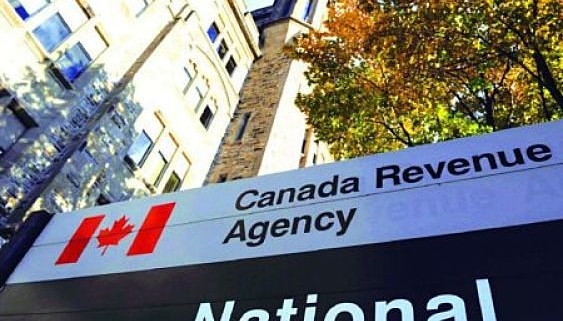With increased collaboration between friendly nations, CRA is working to deter and identify those who participate in off-shore tax evasion. Independent agreements to assist each other are coupled with a membership in the Joint International Taskforce on Shared Intelligence and Collaboration (JITSIC). The information exchange has supplied data on off-shore accounts for years now but due to the exposure of the Panama Papers, there has been an increased focus on tax evasion by most nations, thus the teamwork has intensified.
CRA currently has 990 audits and 42 criminal investigations underway. The federal government is acutely aware of this multi-billion dollar issue and is investing a billion dollars itself to tackle it. They have studied the complexity of this global problem and will continue to allocate resources to recoup the lost funds, working closely with provinces and territories as well. The additional funding is allowing the CRA to move forward with coordinated efforts to ensure that all of those who benefit from Canada’s great lifestyle pay their fair share for it.
CRA’s promise to vigorously pursue those breaking the law and hold them accountable extends from the participants to those that assist them. One proof of this is the $44 million assessed in 3rd party penalties in 2016 against tax advisors. Another example would be the long list of criminal tax evasion cases in the federal court queues. The agency is closely monitoring money transfers over $10,000 heading to specific off-shore destinations regardless of their Canadian source. They are also evaluating 100% of large MNC’s for tax avoidance risk, analyzing high net worth taxpayers they deem risky for tax affairs and using paid informants to gather information.
Much of this work is done through the JITSIC and its 37 participating nations, each gathering and sharing data and information. They have a common commitment to find effective and efficient ways of handling tax evasion or avoidance. Since the Panama Papers went public, the member nations have shared different tools they use to detect criminal acts and trained each other to understand the results of data gathered. They have established structures and mechanisms to better analyze the data and successfully impede high risk targets’ illegal acts. In addition, they have secured ways of sharing sensitive information that adhere to legal frameworks and they have increased the speed with which this information passes between member nations. These enhancements have aided their coordinated responses to locate criminal activities and secure moneys that would otherwise be lost to them.
If you hold any non-Canadian financial assets with an aggregated tax cost of over $100,000 which you never disclosed on your Canadian tax return, please contact us immediately. We will advise and assist you with tax compliance options to minimize penalties.



